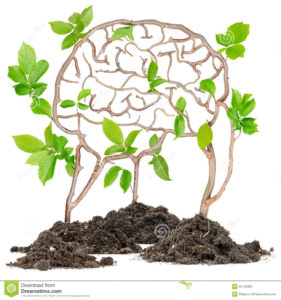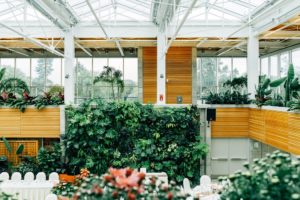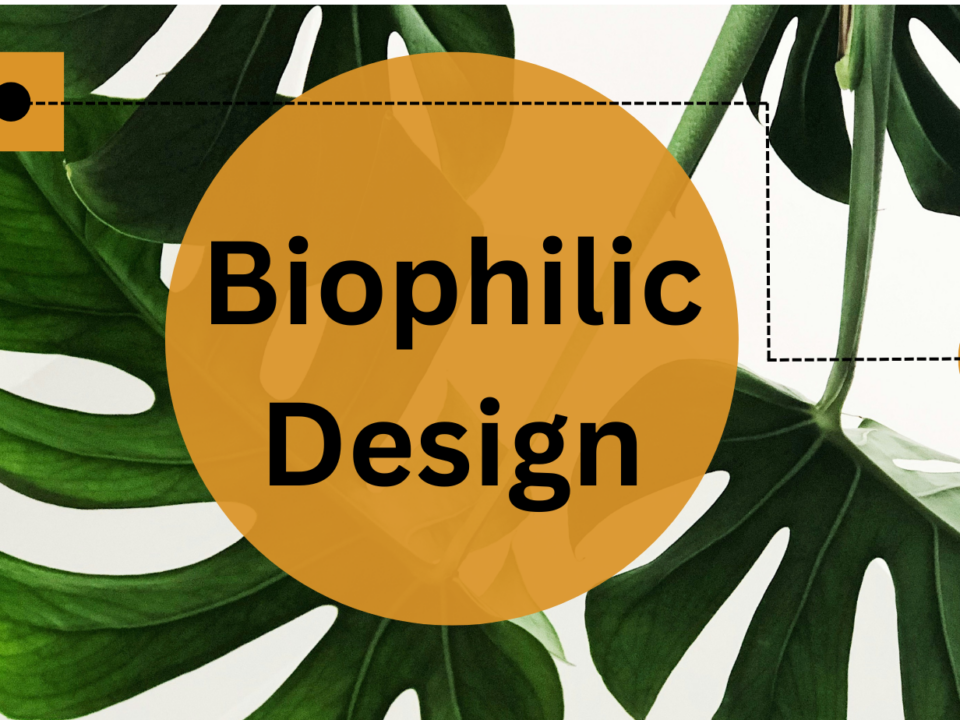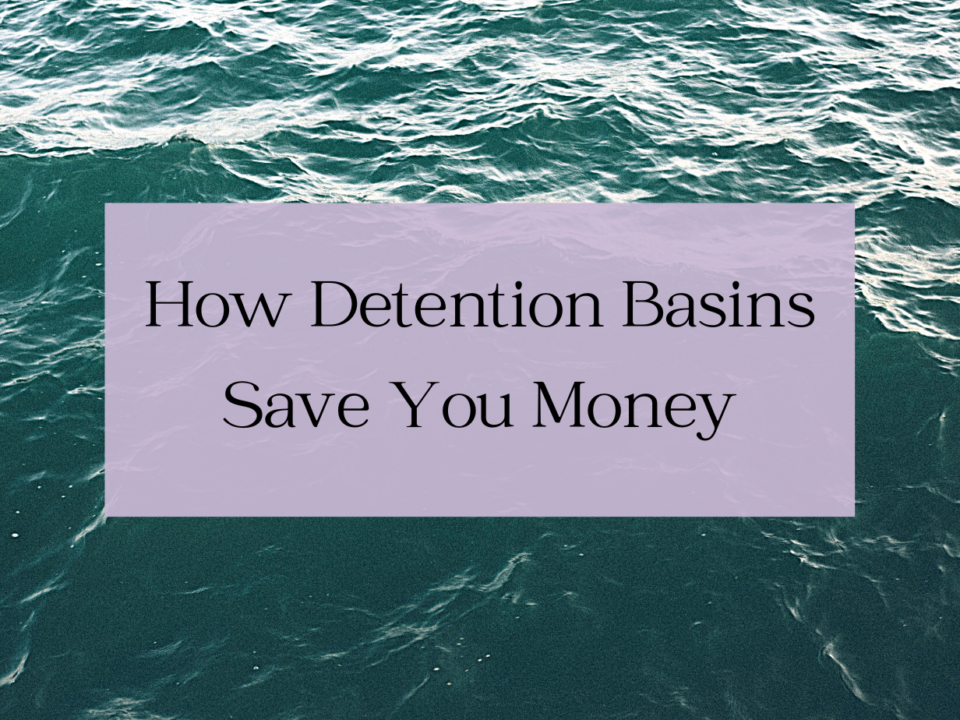The Psychological Benefits of Landscaping
As I sit at my computer, trying to figure out a clever way to start this blog post, it strikes me that I should probably go out and purchase some house plants. Because if I do, my productivity will increase as much as 15% and this introduction might not be so difficult to write. It’s true though, there has been tons of research on the effects of plants on worker productivity that show an undeniable connection between an office that’s green with workers who are happy and productive. So, let’s learn all about the psychological benefits of landscaping.
In the paper, “Lean vs Green Office Spaces” researchers completed an experiment that produced results, similar to those of earlier studies, indicating that, “[…] a green working environment is consistently more enjoyable for employees, more conducive to concentration, and more productive for the business than its lean equivalent.”

Courtesy of Dreams Time.
For those who are unfamiliar, a “lean” office is one that eschews all “non-essential” objects (such as plants, art, etc.) in an attempt to save money and reduce distraction. But as the authors of the aforementioned paper point out, the lean office has an adverse effect on worker productivity:
But case studies of lean success can be countered with equally dramatic instances of failure[…] This research showed that people who work in an environment enriched by office plants and artwork were more productive than their counterparts assigned to work in a lean space. Meanwhile, recorded levels of well-being—as measured by sick office syndrome, feelings of comfort and levels of job satisfaction—were significantly higher in an enriched space. Thus, in a direct comparison of enriched spaces and lean office space, the lean office was clearly inferior on all dimensions.

Courtesy of Innovative Office Solutions
This makes sense when we pause to reflect on it. After all, the office is a relatively recent concept. We humans tend to forget that we are in fact animals and that our bodies and minds evolved to live within nature, making the office setting a de facto unnatural environment. The addition of greenery not only improves our air quality, it shows workers that their management takes an interest in their wellbeing, which can have a positive effect on workers’ mental health. But it also contributes to something called attention restoration theory or ART.
The website, Positive Psychology, provides a good definition, “In a nutshell, Attention Restoration Theory proposes that exposure to nature is not only enjoyable but can also help us improve our focus and ability to concentrate.” The article goes on to explain that this theory was developed by Stephen and Rachel Kaplan, “[…] in the late 1980s and early 1990s, a time period characterized by rapid technological advancement and ever-increasing indoor entertainment. As people—especially children—spent more and more time inside, concerns about the lack of time in nature grew.”
As the authors of the “Lean vs Green…” paper cited above state:
Proponents of Attention Restoration Theory argue that natural environments restore people’s capacity for directed attention, whereas built environments tend to deplete this capacity. The idea behind this theory is that the prolonged focus on a specific stimulus or task results in “directed attention fatigue.” According to ART, natural environments exert less demand on directed attention and encourage more effortless brain functions, thereby allowing the capacity for attention to be restored. Thus, after an interaction with natural environments, one is able to perform better on tasks that rely on directed-attention abilities. According to this view, plants in the workplace should enhance employees’ directed-attention capacity and therefore enhance their concentration and productivity levels.

Courtesy of Caddetailsblog.com
I know, there are a whole lot of fancy terms in that explanation but the bottom-line is this: Indoor landscaping equals happier, healthier, more productive workers. If you own a business and have employees, even if you own a business and operate it all by yourself, you are doing a huge disservice to your company if you are eschewing indoor landscaping in favor of a “lean” workplace. A little investment in indoor landscaping now, can pay off in dividends later. The science doesn’t lie.
If you’re interested in bettering the mood of your employees while increasing their productivity, request a quote from us below. Within no time, we can turn your lean office space into a green office space. Now that you know all about the psychological benefits of landscaping it’s time to get started.





